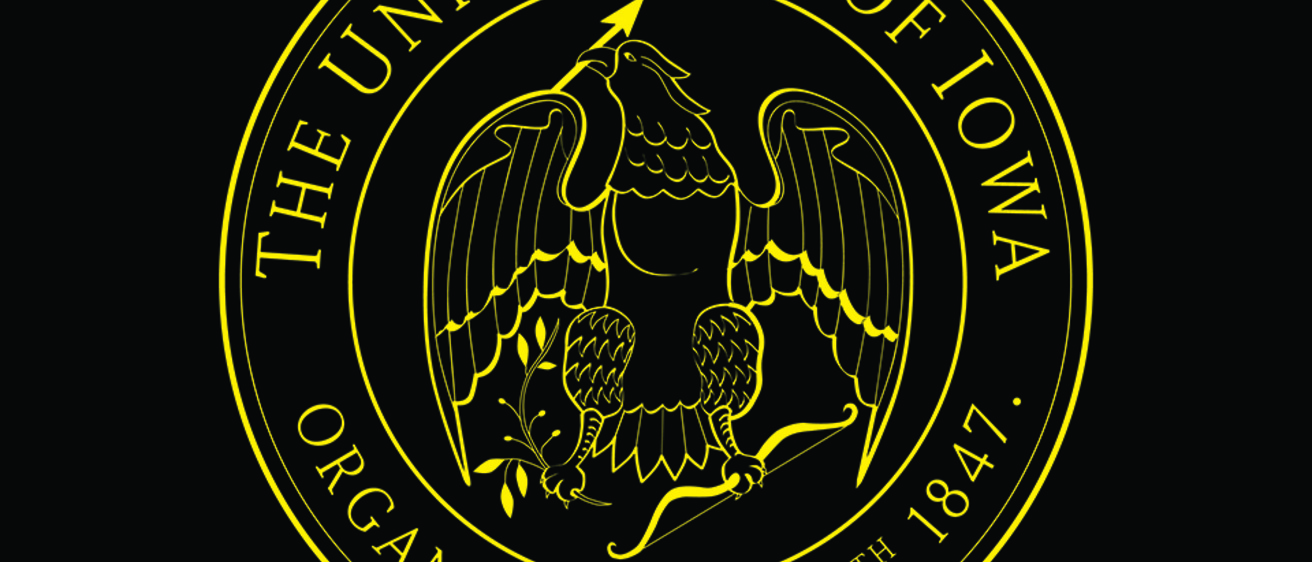A new University of Iowa task force charged with making recommendations to elevate centralized human resources across campus says the organization needs to shift to a more strategic role, focusing less on transactional processes.
The Talent@Iowa task force, appointed by the UI’s new Operations Team, was asked to find ways to improve and streamline human resources functions across campus (University HR, Health Care HR, Faculty HR, and EOD/Compliance) while also improving the recruitment and retention of world-class talent.
The Talent@Iowa task force report can be found on the Office of the President website.
People are the university’s largest investment and strategic resource, making up 54 percent of the annual UI budget.
“Nothing is as central to campus as our human capital,” says Rod Lehnertz, senior vice president of Finance and Operations. “HR functions must be viewed as a strategic asset, and leaders must collaborate at every step on strategies that strengthen our talent pool and address the university’s strategic plan priorities.”
The 18-member Talent@Iowa task force made four recommendations in its report:
- HR should become a stronger strategic business partner so HR professionals can most effectively support the teaching, research, service, and health care missions. HR’s focus should shift away from operational and transactional processes and develop stronger relationships and communication between UI HR and Health Care HR.
- Streamline the HR IT structure to create a more efficient operation that reduces redundancy. The process will centralize and increase resources for HR IT and use HR data to drive decisions.
- Modernize talent management by adopting contemporary hiring strategies that attract new employees and build the UI’s internal talent pool through succession planning and pipeline initiatives.
- Balance standardization with flexibility, recognizing that standardized processes and polices can boost HR efficiency while remaining flexible enough to meet the needs of various colleges, units, and enterprises. To do this, HR must implement a process for faster job posting, more flexible job classification, leveraging centralized services, and implementing adaptable compensation structures.
At the heart of the recommendations is a centralized HR structure that will serve all UI enterprises, says task force member Joni Troester, interim assistant vice president of Benefits, Health and Productivity.
“The task force was an excellent opportunity to assess the strengths of central human resources functions on campus and identify other opportunities,” Troester says. “As a result of the task force’s work, the recommendations emphasize elevating the human resources function to a strategic business partner role within the organization. Key to this strategic role will be recruiting, developing, and retaining great people to work at the University of Iowa.”
All task force members agreed on the need to improve the processes for hiring, reclassification, and promotion, as well as the need for a talent-acquisition strategy across all UI enterprises, including health care, says Dr. Alan Reed, task force member and professor of surgery at UI Health Care.
“I think that the opportunity exists for health care to be an equal participant and an equal partner in human resources,” Reed says. “Most importantly, the service has to be there for the end user. If a centralized function can work well, there’s no reason to duplicate things.”
Recommendations also call for a cultural shift in the way HR is viewed across campus, says Cheryl Reardon, associate vice president for Research and Economic Development, who chaired the task force.
“Fundamentally, the task force advocates a change in thinking about human resources, shifting our emphasis to strategic partnerships across all levels of the HR enterprise and placing greater emphasis on talent acquisition, employee engagement, and development and retention practices,” she says.
The next step in the process will be the creation of a Talent@Iowa Governance Council, which will set priorities and coordinate the implementation of approved task force recommendations. The work of the governance council is expected to begin in early fall, with full implementation of recommendations expected within one to five years.
Talent@Iowa
The task force was charged with assessing and making recommendations for the strategic direction and priorities of the centralized human resources functions and services supporting the University of Iowa and UI Health Care in these ways:
- Based upon broad campus input, review and evaluate the effectiveness and efficiency of central human resources functions (University HR, Health Care HR, Faculty HR, and EOD/Compliance).
- Identify areas of redundancy and duplication of services to improve efficiencies and maximize resources.
- Assess and recommend an appropriate organization, structure, and scale of operations for the coordinated human resources roles necessary to meet the diverse needs of campus stakeholders.
- Identify human resources strategies to increase and support the diversity and inclusion of faculty, staff, and students.
- Recommend strategies for engaging human resources in the university’s teaching, research, service, and health care missions.
